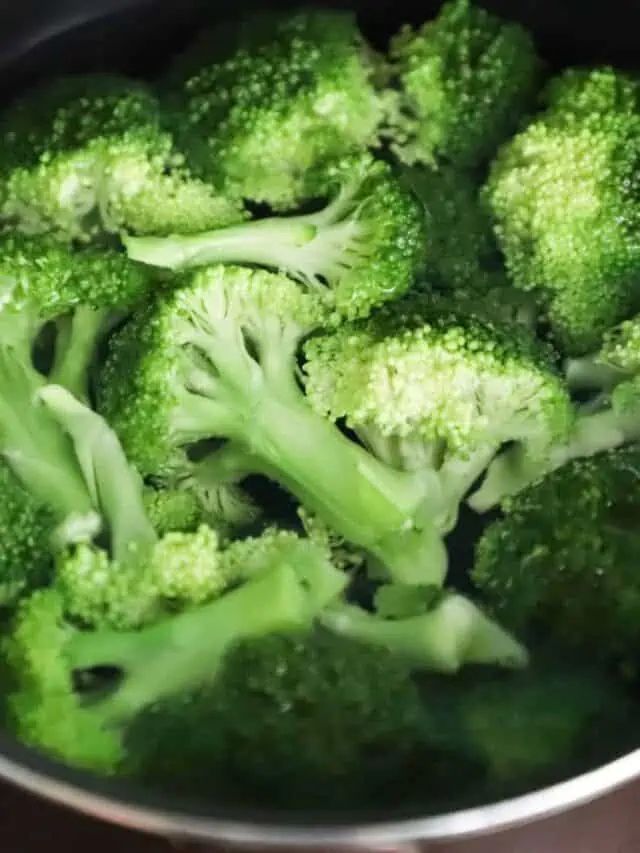While many runners run for the joy of the sport or to stay in shape, others run to compete. Combining these two aims with good planning and training makes winning simpler for a vegan runner.
Table of Contents
You may not be able to match the times of elite vegan athletes, but you can follow their training and diet tips to help you achieve your goals.
There are various kinds of diets in the world. The most well-known is a
Non-Vegetarian Diet
More than 90% of the world’s population is non-vegetarian and mainly consumes meat products.
It must be remembered that whatever concerns are voiced are from a predominantly omnivorous society. As the number of vegans is increasing globally, all these concerns are also felt as unfound.
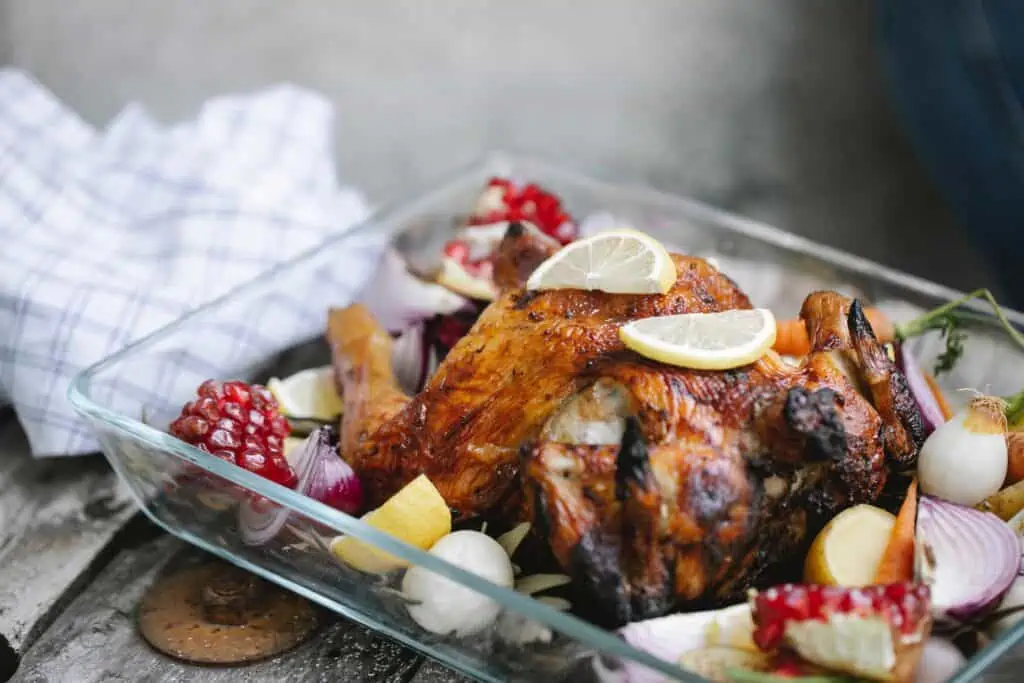
Vegetarian
Vegetarianism is the practice of avoiding meat consumption. For example, red meat, poultry, seafood, insects, and other animal flesh. Only 10 per cent of the population is Vegetarian, and that includes
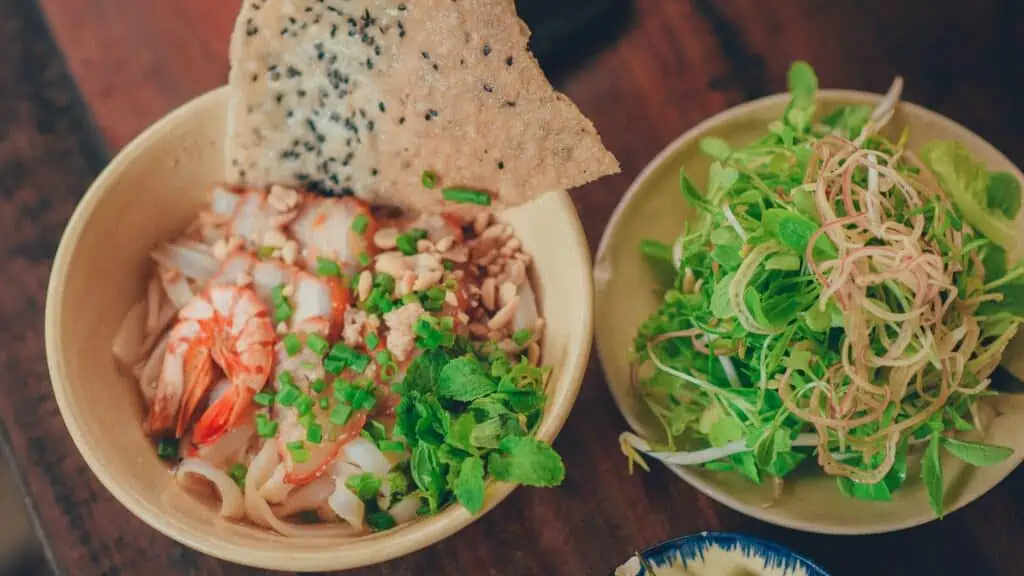
Flexitarians
In its most basic form, the flexitarian diet combines “flexible” and “vegetarian.” It’s a hybrid of full veganism and vegetarianism, with the ability to occasionally consume animal products.
Pescatarians
Pescatarians and vegetarians have a lot in common. They eat fruits and vegetables, nuts and seeds, whole grains, beans, eggs, and dairy and avoid meat and poultry. Pescatarians differ from vegetarians in one way: they eat fish and other seafood.
Lacto-Ovo Vegetarians
It is mainly a plant-based diet with animal products like milk and eggs. Due to these two, this diet’s nutritional value or energy intake is considered as good as non-vegetarian.

Instead, it is considered more healthy by some. Vegetarians have a lower incidence of heart attacks, blood pressure, type 2 diabetes, and cancer. They also have a lower body mass index and are less obese.
Lacto Vegetarians
A Lacto-vegetarian diet, also known as a lactarian, from the Latin root lact-, milk, is a diet that excludes meat and eggs while still consuming dairy products such as milk, cheese, yoghurt, butter, ghee and cream.
Vegan Lifestyle
We are against any cruelty against animals, whether for consumption or any other use. Today, less than 1% of the world’s population is vegan. A vegan lifestyle is a way of life, and vegans believe in excluding all kinds of animal exploitation. The vegan runner diet is strictly plant-based; they even have vegan running shoes.
Being vegan is a comparatively new phenomenon. Donald Watson coined the term in 1944 and co-founded the Vegan Society. Now
Some people, especially non-vegetarians, don’t consider it healthy due to the lack of milk, milk-based products, and eggs.
Non-vegetarians say that the main concern about plant-based nutrition is getting enough protein and other nutrients.
Plant-Based Proteins
While there are enough plant protein sources like legumes, beans, grains, nuts, soy, peanut butter, etc., to fulfil protein requirements, the protein from these sources is not as complete as animal-based protein.
No plant-based protein is complete in essential amino acids such as whey, egg, or other animal sources. But when we combine foods like beans with rice, having both together, they become an excellent source of complete EAAs.
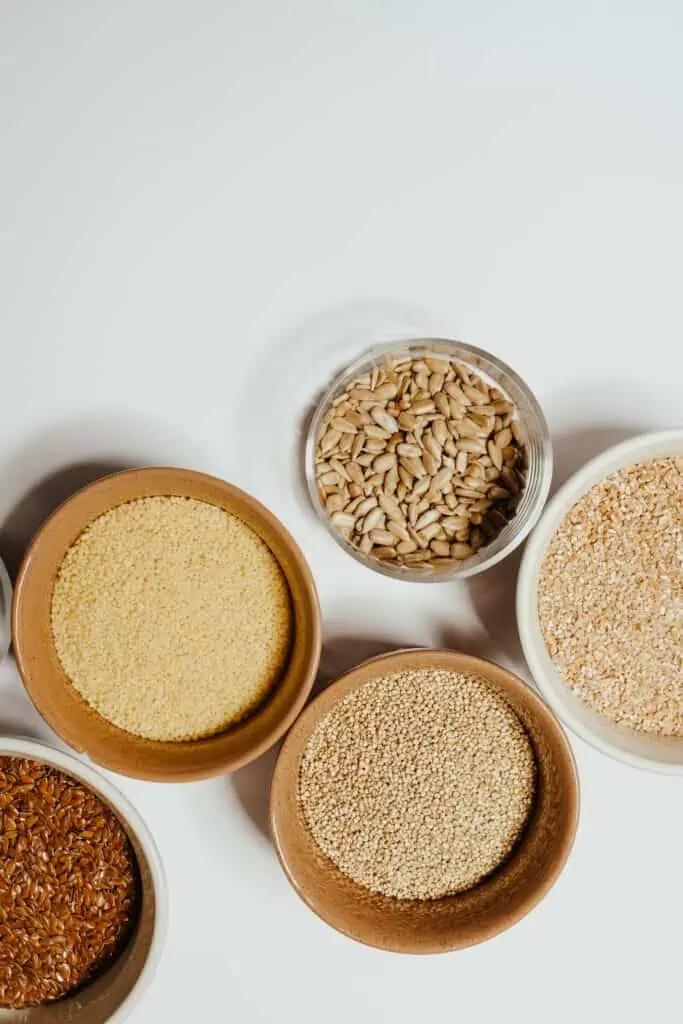
This kind of food combination has been eaten for ages in vegetarian societies in countries like India, and their nutritional intake is much higher. So, if we have such combination foods, we can fulfil all our nutrient needs. It contains many more micronutrients, such as vitamins and minerals.
There is only one main concern: Vitamin B12, which cannot be obtained from any source as it is animal-based. But these fears are unfounded as well. There are a whole lot of foods available to fulfil B12 as well.
Vegan Runners
So there are many foods for elite athletes.
Some doctors believe that daily intake of vegan diets is better for endurance athletes. Mainly consisting of fruits, nuts, legumes, and grains, they contain phytonutrients that effectively reduce inflammation of muscles after training sessions and long runs.
As a result, it can help you recuperate more efficiently, prevent muscle damage, strengthen your immune system, and improve stamina.
Vegan elite runners believe that strictly adhering to a vegan diet for runners helps them recover faster. We have to believe them, as almost all were non-vegetarians earlier.
Scott Jurek, the elite vegan ultra runner, mentions in his New York Times bestseller “Eat and Run” that a vegan diet is a key to his extraordinary success.
If you look at the numbers, vegans among ultra-marathoners are much more as a percentage of total runners than vegans in the total population.
Though people are becoming aware of the benefits of the LOV (Lacto-Ovo vegetarian) diet and agree that it is properly balanced, most are still sceptical about the vegan diet.
Still, veganism is increasing rapidly, and the best part is that recreational endurance athletes are adopting it much faster.
Vegan food has been deemed a source of protein and is not processed by an animal first. The protein from animal foods like beef, pork, or other non-vegetarian foods is considered a secondary source. The plants are processed in their bodies to supply us with animal protein.
Does being vegan help lose weight? Athletes go vegan to get the right carbs for better performance and weight management.
With increased carb intake, glycogen stores in the body improve, thereby enhancing performance.
Increasing plant foods increases phytochemicals and antioxidants, improving immunity and reducing oxidative stress.
Foods like vegetables, oats, and non-citrus fruits significantly reduce intramuscular acidity, hindering performance.
Athletes need a high carbohydrate diet ranging from 5 to 10 g/kg body weight to maintain energy demand. A plant-based diet gives enough high-carbohydrate alternatives, which benefit endurance performance and high hydration levels.
For optimal performance, certain other essential nutrients must be consumed by athletes, especially those newly shifting to vegan status. In all cases, the issue is not a lack of resources for the nutrient but slow absorption by the body.
These are iron, zinc, calcium, vitamin D, riboflavin,
Iron
Plant-based foods contain more iron sources than omnivorous foods; however, non-haem iron is absorbed more slowly in the body than haem iron. Iron is available in animal-based foods only. Besides, phytate and fibre further reduce the body’s capacity to absorb iron. It can result in a deficiency. So care is needed to ensure adequate reserves of plant-based iron in the body.

Zinc
Zinc is also essential to ensure optimal athletic performance and is absorbed slowly by the body. Low levels of zinc can affect performance levels. Good legumes, grains, cereals, and nuts intake can ensure normal zinc levels.

Calcium
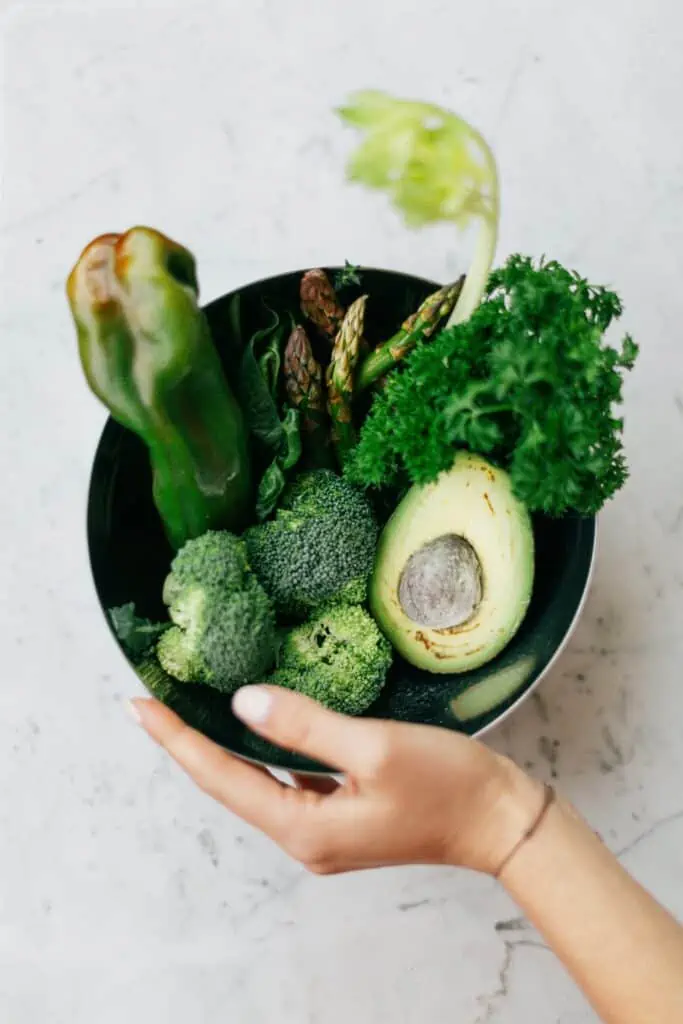
Calcium is another mineral essential for bone health. Its absorption is slow in fruits and vegetables compared to dairy products. Its deficiency can lead to various complications and reduce athletic performance. Various foods like kale and broccoli are good for calcium.
Vitamin D
The primary source is sunlight. So the problem here is for athletes who train indoors in the early morning or late evening. Sun exposed. Mushrooms are a great source of vitamin D.
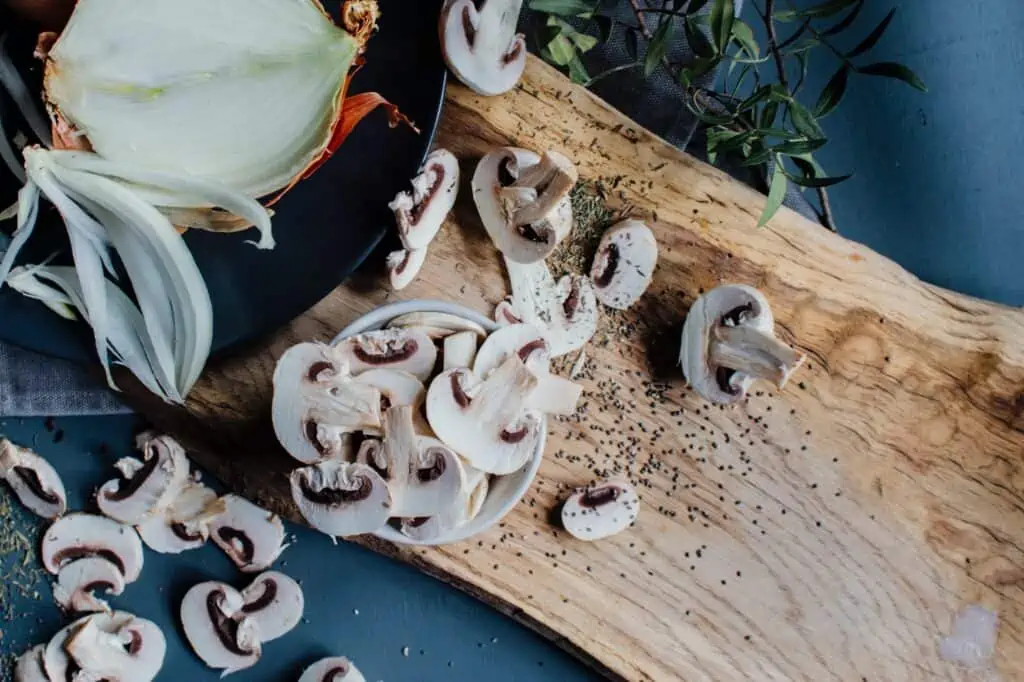
Riboflavin
Vitamin B2 is also essential for enhancing the performance of athletes as it helps with energy levels and the body’s production of fat and carbs. It is found mainly in dairy, eggs, and meat. However, it is also available in foods like tofu, nuts, seeds, and grains.

Conclusion
As a result, being vegan benefits the environment and makes the world a better place to live and our health. We only have to adjust to this new way of living. The pace at which people have started accepting veganism will also make more and more people aware of its benefits.
FAQs
What are the best protein sources?
Beans, nuts, lentils, hemp seeds, spirulina, and quinoa provide enough protein. Products like tofu and tempeh provide versatile meal options and high protein.
What vegetables are high in protein?
Brussel sprouts, kale, broccoli, avocados, and spinach are high in protein.
What are the benefits of vegan diets?
It can help you recover more efficiently, reduce muscle damage, boost your immune system, and enhance endurance performance.
What are the nutrients in vegan running?
As vegetarians, the primary nutrients that may concern vegan marathon runners are omega-3s, calcium, vitamin D, B12, iodine, iron, and zinc. It might be a good idea for runners following a vegan diet to have annual bloodwork done to ensure they aren’t deficient in micronutrients.
What Exactly Is Gas in a Vegan Diet?
When you suddenly start to consume significantly higher amounts of beans and legumes than you’re used to, your body might have difficulty digesting at first, and you could end up with bloating and gas.
Anil’s infectious enthusiasm and wealth of knowledge make him a natural motivator. Through his guidance and support, Anil has helped countless individuals transform their lives, empowering them to lead more vibrant and fulfilling lives.

